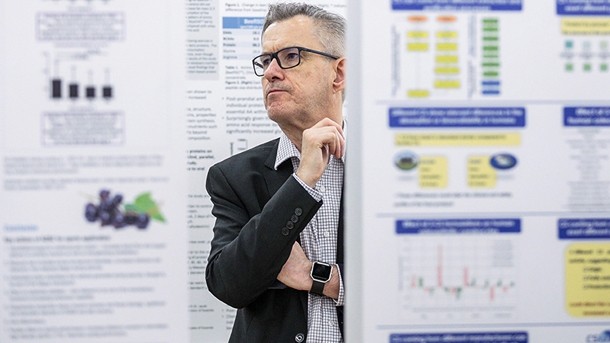EU food health claims helped by innovation strategy

Led by Professor Monique Raats at the University of Surrey, the study acknowledged that EU regulation presented barriers for manufacturers wanting to show the health benefits of their products based on detailed scientific research.
However, working with researchers from Slovenia and Denmark, it concluded that there “was good communication at national authority level, which could be used to provide more information to industry on the process and what is needed for evidence and support on the wording of claims”.
A greater challenge to business
The study follows a survey of nutrition companies that revealed they viewed stricter EU regulation as a greater challenge to their business than the state of the global economy.
The study of 190 visitors and exhibitors to Vitafoods Europe earlier this month (May 9–11) found that 43% believed stricter regulation was the biggest challenge facing their company, ahead of higher prices for raw materials (35%) and the state of the global economy (27%).
Six in 10 (60%) said health claims was the main area of EU regulation affecting their companies, ahead of trade regulations (14%) and labelling regulations (13%).
Updated health claim advice
Updated advice on how to prepare a health claim application was issued by the European Food Safety Authority (EFSA) earlier this year.
As well as the required administrative and technical information, the EFSA clarified that an application must also include data on the characterisation of the food or food constituent for which the claim is made, information to enable EFSA to characterise the claimed effect, and data to substantiate the claim.
Please click here to sign-up for our free monthly Food Ingredients, Health & Nutrition (FIHN) newsletter.

















